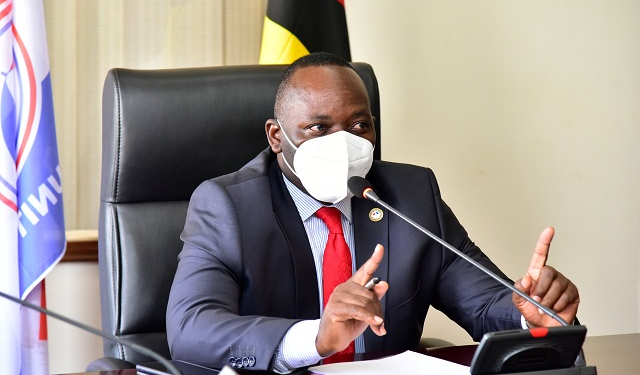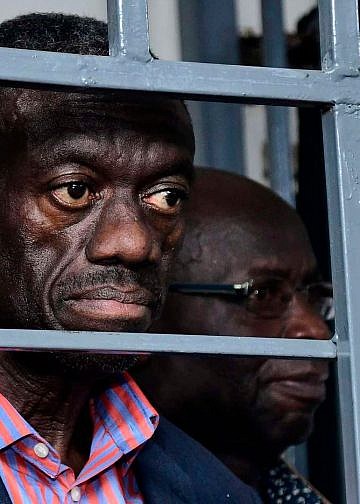Former Leader of the Opposition, Mathias Mpuuga, is set to pursue parliamentary approval for three significant private member’s bills aimed at amending Uganda’s electoral laws.
Speaking to journalists on Friday, Mpuuga outlined his intention to reintroduce presidential term limits, establish an Upper House, and reduce the size of Uganda’s parliament.
Uganda previously enforced a constitutional limit on presidential terms, allowing a maximum of ten years in office (two five-year terms).
However, this limit was abolished in 2005 following a controversial constitutional amendment. Various studies have since shown that a considerable number of Ugandans support the restoration of these term limits.
Mpuuga emphasized that reinstating presidential term limits is vital to safeguarding what he considers the “basic structure of the constitution.”
He proposed that the reforms include amending the Presidential Elections Act to allow the same presiding officer who declares Members of Parliament (MPs) to also announce presidential election results at the constituency level.
Currently, only the Electoral Commission chairperson has the authority to declare presidential results at the national tally centre.
In his bid to enhance electoral integrity, Mpuuga also advocates for extending the timeline for aggrieved presidential candidates to petition the courts from the current period to 60 days.
He pointed out that the existing timeframe has often left candidates vulnerable to house arrests, hampering their ability to seek legal redress.
“We should enlarge the time for a presidential candidate to go to court but also amend the constitution to allow any registered voter to file a petition, thereby reducing the appetite for arresting potential complainants,” Mpuuga stated.
Furthermore, the Nyendo Mukungwe MP aims to introduce an Upper House comprising 39 representatives from Uganda’s original districts, which were established upon gaining independence in 1962.
This proposal also includes amendments to ensure proportional representation, particularly for female MPs, thereby contributing to a reduction in the overall size of Uganda’s parliament.







































